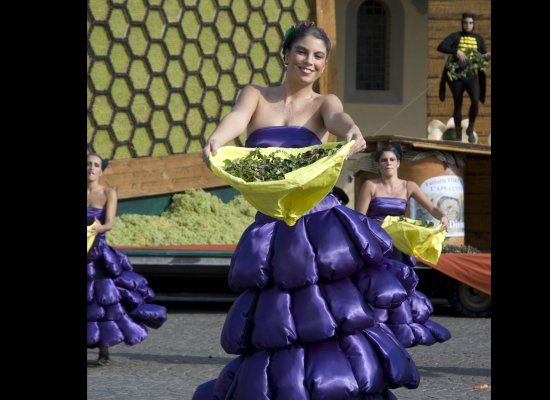I came across an interview that was mainly about how this couple managed to save money. There was a section of the interview that caught my eye and it briefly talks about the amount of food we eat rather than just buying organic food.
"
Aside from driving less and being happy with a smaller house, what other significant things we should cut back on?Eating lower on the food chain, for one. I try to spend only a dollar a pound on food. It's a myth that it costs more to eat healthy. You can spend a lot, but when you think about the kinds of things we should eat the most of--whole grains, legumes, and produce--they tend to cost less per pound than things that are bad for us like red meat and many processed foods that are high in trans saturated fats. I encourage people to eat more meals at home. Forty-five percent of the average U.S. family food budget is spent on food prepared outside of home. And they cost an average of 80 percent more than preparing the same food at home. There's a lot of waste, too. According to the USDA, about 25 percent of food is thrown away, so arguably you could reduce your spending here by 25 percent simply by being smarter about food storage and portion control.
You write a lot about the relationship between being frugal and environmentally conscious on thedailygreen.com. Any takeaways?
For most Americans, the greenest thing you can do is consume less, which probably means spending less. I think there's some hypocrisy in the current green movement, even though I've been an ardent environmentalist my whole adult life. I fear that the so-called green movement is catching on now because there's a bunch of cool, expensive green stuff we can by. It's become what I call a "cause de stuff." Much of the current environmental movement in the U.S. seems to be built around the very thing it should be seeking to combat ... rampant consumerism. Take green cleaning products. They tend to be more expensive than the toxic products. But you can clean almost everything with baking soda and vinegar, which are safer for the environment than green products and cost less than any other cleaning products, green or toxic. Hybrid vehicles are another example. It's cool now to own a $35,000 Prius, although driving a gas guzzler to work instead is better for the environment IF you carpool with four friends. Sure, the greenest choice would be to carpool in a hybrid, but I don't see Americans being that committed to environmentalism. We're really mostly committed to buying cool, expensive, green stuff. That's the hypocrisy I'm talking about.
You must make big purchases every now and then. What's your strategy?
I'm a big believer in the Consumer Reports approach to shopping. Buyer's remorse is at epidemic proportions. How is spending money on something we'll regret later a good thing? It makes us poorer, and clearly hasn't made us happy. My advice is to have a mandatory waiting period. Wait at least a week after you see something in the store that you want. I guarantee that half the time, you won't go buy it.
Once or twice a year, I look at the things I've spent more money on, and ask myself one simple question: "If I had it to do over again, would I have spent that money?" I call it a 'what heck was I thinking? audit." Maybe you'll see that you spend a lot on restaurant meals that you regret. I noticed that when I had a regular 9-to-5 job, when I was stressed at work, I'd often buy things I regretted later. It's a way of helping you learn from your mistakes and change your spending behavior.
"
for the full article, please see this:
http://finance.yahoo.com/news/How-to-Be-a-Savvy-usnews-3454225752.html?x=0
Also, Mark Bittman also mentions about eating less in this TED talk. I'm not too sure if this has been posted but it relates to this:
http://www.ted.com/talks/mark_bittman_on_what_s_wrong_with_what_we_eat.html
-Cleo
 Hey everyone,
Hey everyone,

















 Last week we were talking about milk and where we get it and the price, etc. I just wanted to share about this
Last week we were talking about milk and where we get it and the price, etc. I just wanted to share about this 









